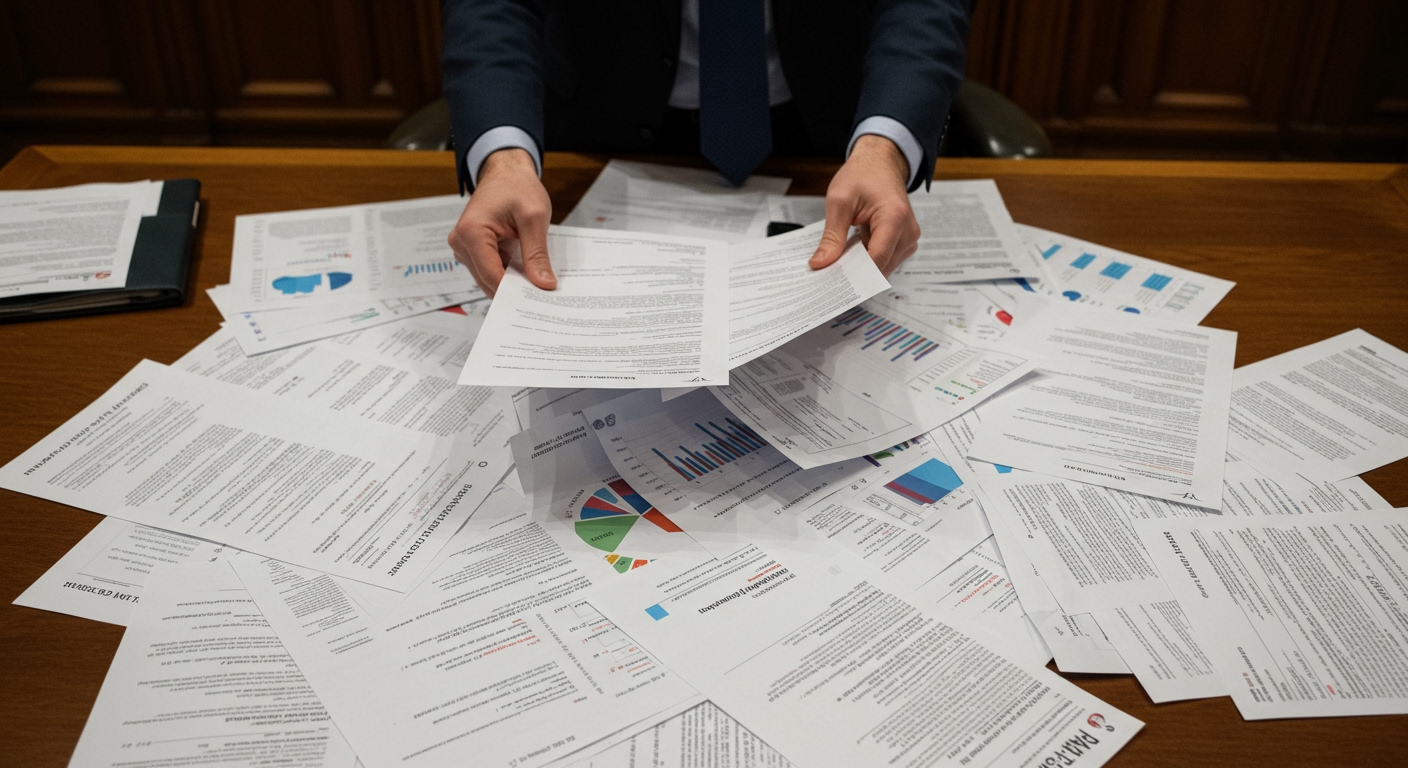London, UK – July 2, 2025
Prime Minister Keir Starmer’s office today affirmed its full confidence in Treasury chief Rachel Reeves, seeking to quell speculation surrounding her position following a series of government policy reversals that have significantly complicated her efforts to bolster state revenues.
The announcement, made on Wednesday, July 2, 2025, comes amid heightened scrutiny of Reeves’ future, particularly after she was reportedly seen visibly upset, and in tears, within the House of Commons the day after an embarrassing government climbdown on proposed welfare spending cuts. The incident underscored the political pressure facing the government and its chief financial steward.
Navigating Policy Reversals
The most recent policy reversal involved a decision to soften and delay planned cuts to welfare benefits specifically targeting disabled people. This particular measure was initially conceived as a significant cost-saving initiative. However, the government opted for a less stringent approach in an attempt to secure broader support and mitigate a potential rebellion among its own lawmakers.
Despite the concession, the move proved insufficient to unify the party, with 49 Labour lawmakers ultimately voting against the bill. This outcome highlighted divisions within the governing party and raised questions about the administration’s ability to command its legislative agenda effectively.
The welfare reforms, in their original form, were projected to yield substantial annual savings, estimated at £5 billion, equivalent to approximately $7 billion. The revised plan, however, has cast considerable doubt on the actual savings that can now be achieved, leaving the Treasury facing an uncertain financial outlook regarding this specific stream of expected revenue.
This welfare benefits reversal follows an earlier significant policy shift in May, when the government abandoned a controversial proposal to end universal winter home heating subsidies for millions of retirees. That plan was another key measure upon which the Treasury chief had reportedly been relying to contribute towards deficit reduction and revenue targets. The decision to backtrack on this measure, too, represented a substantial blow to planned fiscal consolidation efforts.
Fiscal Implications and Budget Shortfalls
The cumulative effect of these abandoned or significantly altered revenue-generating policies is now placing considerable strain on the national finances. The Treasury is reportedly grappling with a growing shortfall in expected funds, creating a difficult challenge as it seeks to balance the nation’s books.
The widening gap between projected income and expenditures is intensifying pressure on the government to identify alternative means of shoring up the public finances. This fiscal reality significantly increases the likelihood of future tax increases, a prospect that could prove politically challenging amidst a sluggish economic environment and prevailing low public approval ratings for the government.
Economists and political analysts have pointed to these fiscal challenges as indicative of the difficulties the government faces in implementing unpopular but potentially necessary measures during a period of economic fragility. The need to raise revenue while navigating political resistance and public sensitivity creates a complex dynamic for the Treasury team.
Political Authority Under Scrutiny
The series of U-turns and the visible dissent within the party ranks are widely interpreted as representing a significant setback to Prime Minister Keir Starmer’s authority. These events are unfolding as the government approaches its one-year anniversary since taking office, a period typically assessed for its early policy successes and stability.
The inability to push through key fiscal legislation, even in a modified form, underscores the challenges the Prime Minister faces in maintaining party discipline and legislative momentum. This comes at a time when the government is already contending with the headwinds of a sluggish economy and public opinion polls showing persistently low approval ratings.
The image of the Treasury chief reportedly becoming emotional in Parliament following the welfare vote further amplified the sense of instability and fueled media speculation about her political standing and potential departure from the key ministerial post. The public confirmation from Starmer’s office today is clearly intended to counter this narrative and project an image of unity and stable leadership at the heart of the government’s financial management.
Looking Ahead
Despite the Prime Minister’s vote of confidence, the underlying fiscal and political challenges remain. The Treasury, under Rachel Reeves, must now find alternative ways to address the revenue shortfall created by the abandoned and altered policies. This task is made more difficult by the demonstrated political sensitivity surrounding measures that impact specific voter groups, such as retirees and those receiving welfare benefits.
The government’s path forward will likely involve difficult decisions regarding spending priorities and potential revenue-raising measures, with the increased likelihood of tax increases looming. The coming months will be critical in determining whether the government can regain its footing, stabilize its legislative agenda, and navigate the complex economic landscape while maintaining political cohesion.





